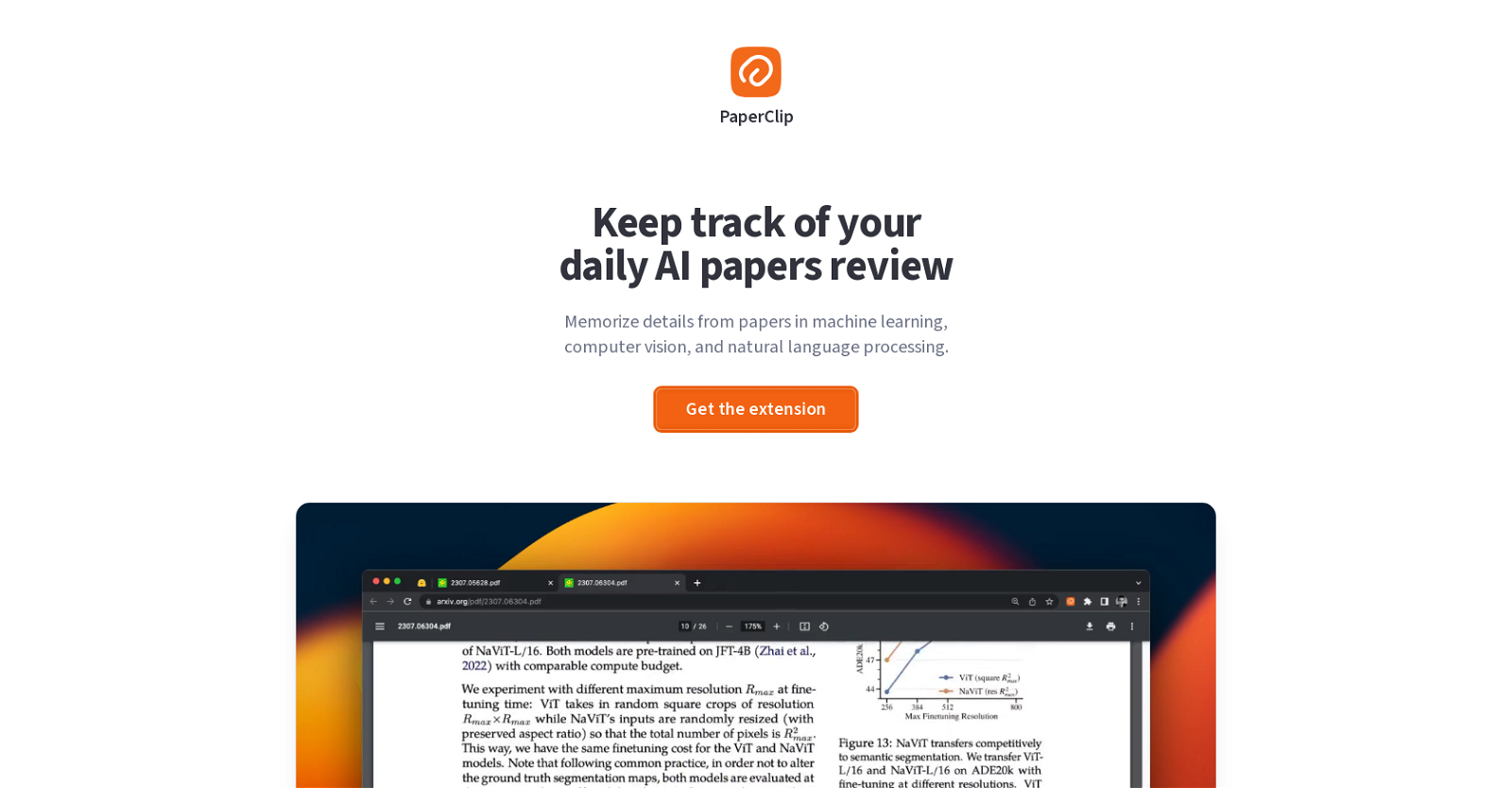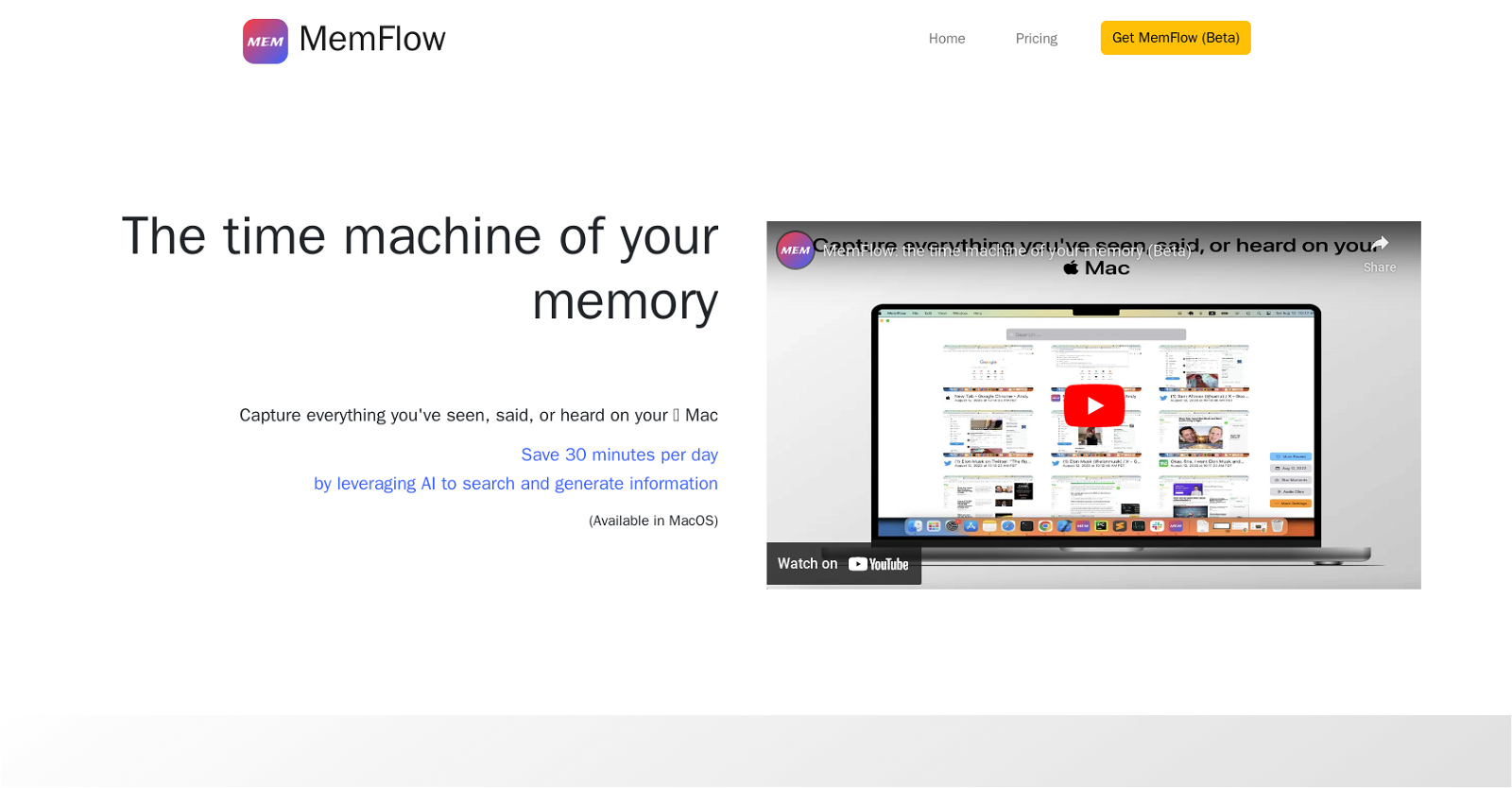PaperClip
PaperClip is a tool designed to support AI researchers in their daily work of reviewing papers in machine learning, computer vision, and natural language processing. Serving as their “second brain,” PaperClip allows researchers to effectively keep track of important details and findings from various sources such as AI research papers, ML blog posts, and news articles.
One of the key features of PaperClip is its ability to help researchers memorize and remember crucial information from their readings. With a simple search function, researchers can easily retrieve their findings whenever needed, eliminating the hassle of manually sifting through numerous documents.
Privacy-conscious users will appreciate that PaperClip’s AI functions run locally, ensuring that no data is sent to external servers. All bits of information are saved and indexed locally, allowing for offline access without any dependency on internet connectivity. Additionally, users have the flexibility to reset their saved bits with a single click, enabling them to clean their data whenever necessary.
The tool offers an extension, making it easily accessible and compatible with various platforms. Developed using Svelte, a widely-used web framework, PaperClip was created by Hugo Duprez, a competent individual in the AI field.
Overall, PaperClip is an indispensable tool for AI researchers, providing efficient organization, quick retrieval, and offline support for their daily paper reviewing tasks across machine learning, computer vision, and natural language processing.



